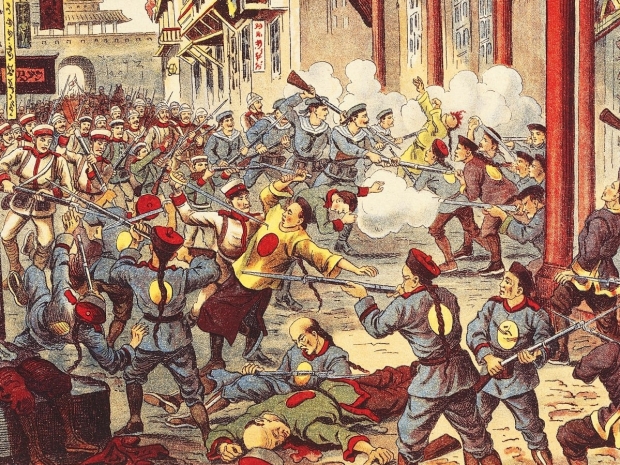For those not in the know, the US government has demanded that all technology deals with China have to get a licence or face its wrath.
ASML made the statement after SMIC disclosed a volume purchase agreement under which it has already spent $1.2 billion with the toolmaker. In a clarifying statement issued several hours later, ASML said the agreement began in 2018 and was slated to expire at the end of 2020, but the two companies agreed in February to extend the deal to the end of this year.
In December, SMIC was one of the dozens of firms put on a U.S. blacklist that required American semiconductor manufacturing equipment firms such as Applied Materials Inc and Lam Research Corp to obtain a license before exporting products to the chipmaker.
ASML, which is based in the Netherlands and is the world’s largest supplier of lithography equipment for making chips, produces a critical tool required to manufacture advanced chips: extreme ultraviolet lithography, or EUV, machine.
However, in 2019, the Trump administration pressed Dutch officials to cancel a sale of a EUV machine to SMIC. At that time, Dutch officials declined to renew a license needed to ship the tool. Dutch officials had not approved a license to ship a EUV tool to China as of late February, according to government records.
In its statement on Wednesday, ASML said the volume purchase deal with SMIC related to an older technology called deep ultraviolet lithography, or DUV.
In January, ASML Chief Executive Peter Wennik said the company could see “significant upside” selling older chipmaking technology to China if allowed by government officials to do so. China accounted for 17 per cent of ASML’s 14 billion euros in 2020 sales.
On Monday, the U.S. National Security Commission on Artificial Intelligence, or NSCAI, recommended that the United States coordinate with the Netherlands and Japan to deny export licenses to China for key chipmaking equipment.
“This (sale) is a slap in the face to the NSCAI recommendations and shows how big the gap with allies is on this issue,” a U.S. semiconductor executive said on condition of anonymity.
A source close to President Joe Biden’s administration, however, said the administration was more focused on the next wave of technological competition with China.
“This is akin to trying to prevent them from getting a flip-phone. We’re much more interested in the technologies of tomorrow,” the person said.




